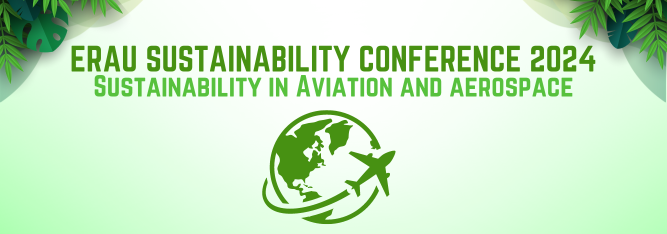
Assessment of Urban Stormwater Systems for Improved Urban Habitat and Estuarine Ecosystem Management
Presentation Type
Short presentation 10-15 minutes
In Person or Zoom Presentation
In-Person
Location
Student Union Event Center
Start Date
18-11-2024 3:20 PM
Presentation Description/Abstract
Water pollution caused by stormwater is a global issue as stormwater collects and transports various pollutants like chemicals, oils, and trash. Urbanization has led to increased untreated stormwater flowing through canals and ditches into natural water bodies, including rivers and lakes, which can lead to the growth of harmful algae. This study focuses on understanding the impact of coastal urban stormwater systems on the broader watershed and its community. The study area is the Halifax River, an estuarine lagoon along Florida's East Coast, and an impaired water body. Three urban outlets empty untreated stormwater into the river, but there has been a lack of water quality monitoring and assessment in the canal system. Precipitation data, water quality data, tide data, historical stormwater data, and management plans were used to provide information to aid in decision-making and implementing ordinances in urban stormwater management. In situ monitoring at the outfall sites and publicly available environmental data were analyzed. GIS maps of five adjacent municipalities within this stormwater drainage were compiled to highlight flood areas, census data, and critical infrastructure to analyze community impacts. The results indicate that Halifax River salinity generally has a decreasing trend over time while variation in turbidity has increased. Additionally, critical infrastructure (schools and hospitals) is affected most in Daytona Beach, with high minority percentages (49%) and a mean income of $41,200. Eight healthcare facilities would be affected by a category four hurricane storm surge along with 18 schools, 61% of businesses in Daytona Beach, and 91% of all businesses in South Daytona.
Assessment of Urban Stormwater Systems for Improved Urban Habitat and Estuarine Ecosystem Management
Student Union Event Center
Water pollution caused by stormwater is a global issue as stormwater collects and transports various pollutants like chemicals, oils, and trash. Urbanization has led to increased untreated stormwater flowing through canals and ditches into natural water bodies, including rivers and lakes, which can lead to the growth of harmful algae. This study focuses on understanding the impact of coastal urban stormwater systems on the broader watershed and its community. The study area is the Halifax River, an estuarine lagoon along Florida's East Coast, and an impaired water body. Three urban outlets empty untreated stormwater into the river, but there has been a lack of water quality monitoring and assessment in the canal system. Precipitation data, water quality data, tide data, historical stormwater data, and management plans were used to provide information to aid in decision-making and implementing ordinances in urban stormwater management. In situ monitoring at the outfall sites and publicly available environmental data were analyzed. GIS maps of five adjacent municipalities within this stormwater drainage were compiled to highlight flood areas, census data, and critical infrastructure to analyze community impacts. The results indicate that Halifax River salinity generally has a decreasing trend over time while variation in turbidity has increased. Additionally, critical infrastructure (schools and hospitals) is affected most in Daytona Beach, with high minority percentages (49%) and a mean income of $41,200. Eight healthcare facilities would be affected by a category four hurricane storm surge along with 18 schools, 61% of businesses in Daytona Beach, and 91% of all businesses in South Daytona.
